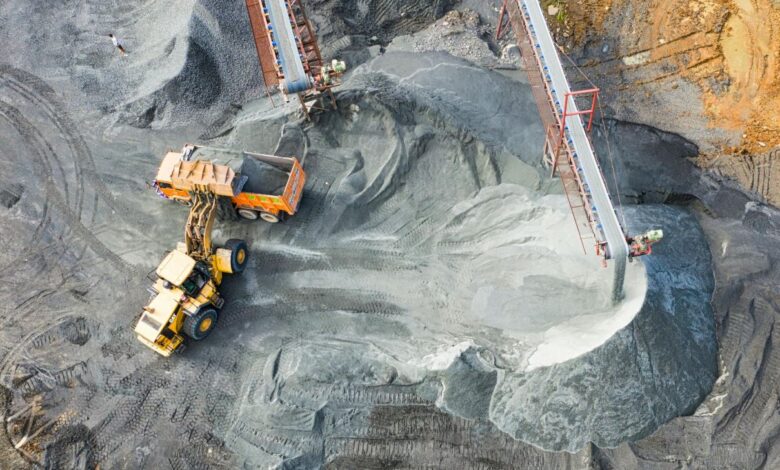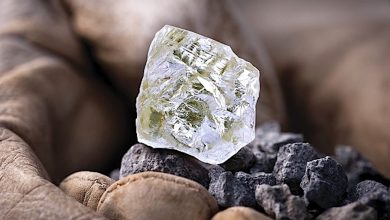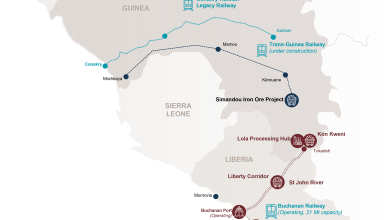Egypt, Yemen to partner in opportunities in mining, petroleum

The governments of Egypt and Yemen have agreed to form a joint working team to identify areas of cooperation in mining, petroleum sectors.
Egyptian Minister of Petroleum Karim Badawy During discussions with Yemeni Minister of Oil and Minerals Saeed al-Shamasi and his delegation at the Egypt Energy (EGYPES 2025) conference and exhibition, said the move aims to foster economic gains for both nations.
For his part, Shamasi expressed Yemeni desire to benefit from the expertise of the Egyptian petroleum companies and establish partnerships in the mining activities in light of potentials in both countries.
Mining and oil industry
Egypt has a rich tapestry of mineral resources, including energy raw materials, metallic ores, and non-metallic ore. The country has a long history of mining, with significant mineral resources including gold, coal, and tantalite.
Active mining began in Egypt around 3000 BCE. Egypt has substantial mineral resources, including 48 million tons of tantalite (fourth largest in the world), 50 million tons of coal, and an estimated 6.7 million ounces of gold in the Eastern Desert.The total real value of minerals mined was about E£102 million (US$18.7 million) in 1986, up from E£60 million (US$11 million) in 1981. Egypt aims to increase the mining sector’s contribution to GDP tenfold by 2026.
The country also has the sixth-largest proved oil reserves in Africa. Over half of these reserves are offshore reserves. Its natural gas production is expected to increase due to discoveries in the Nile Delta and offshore in the Mediterranean Sea.






